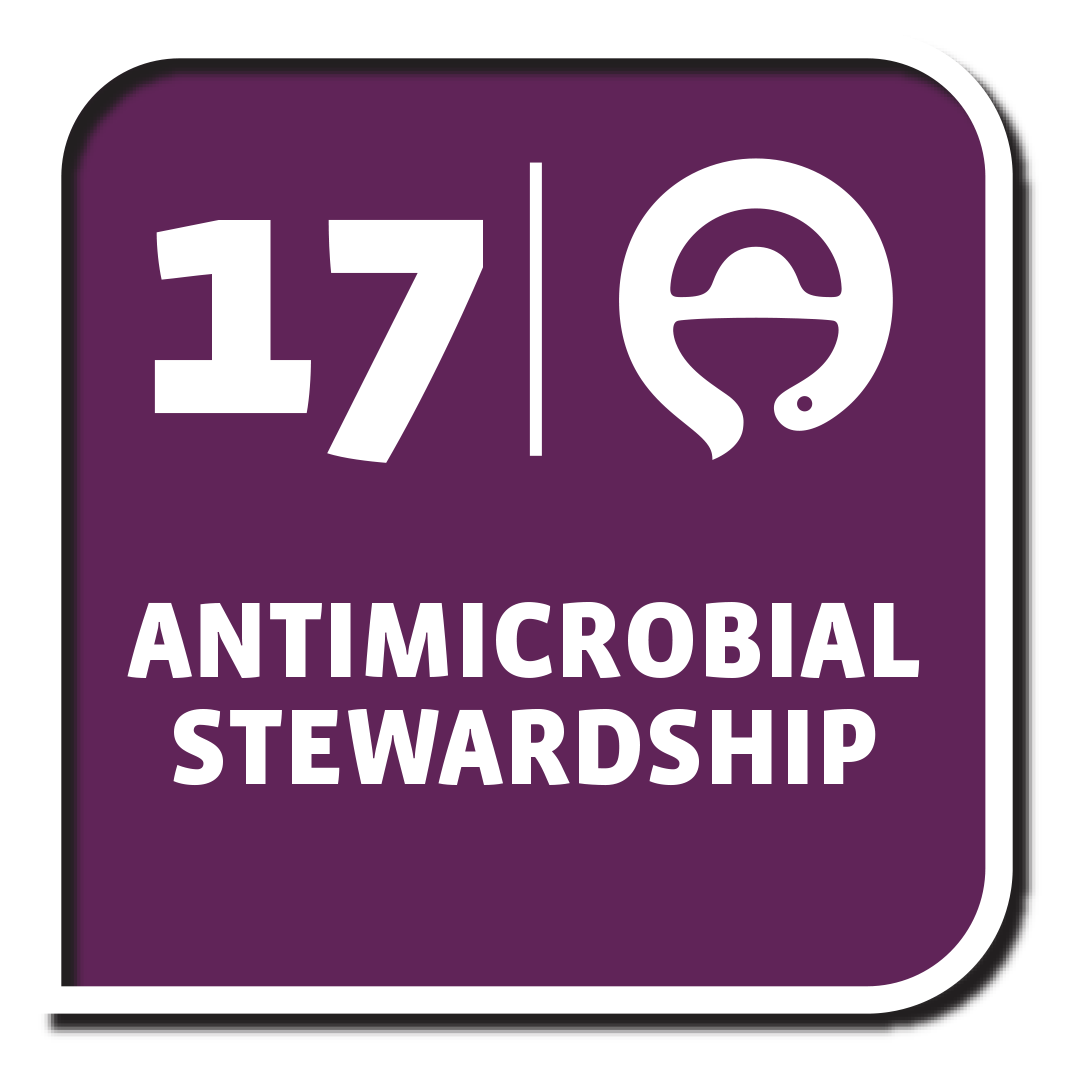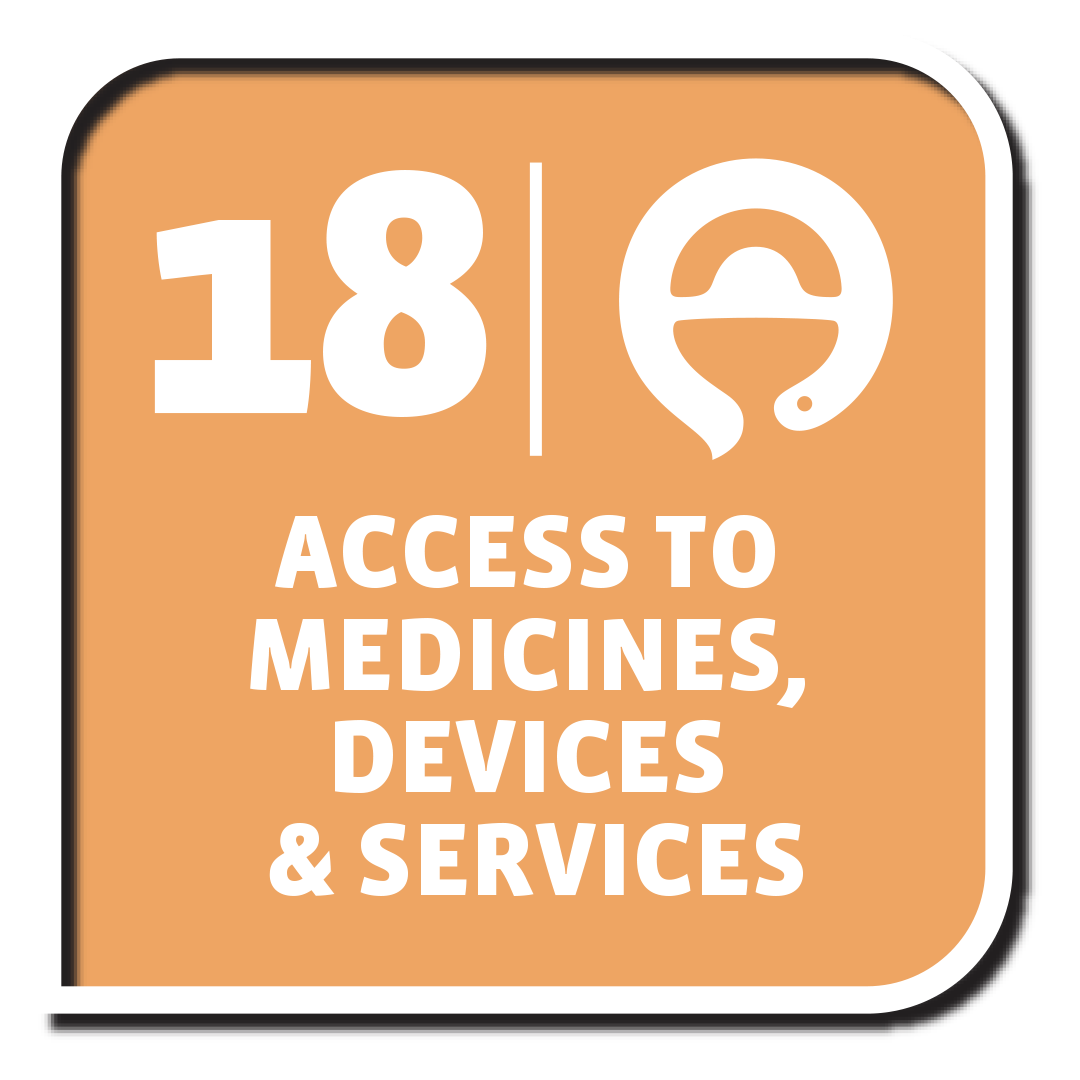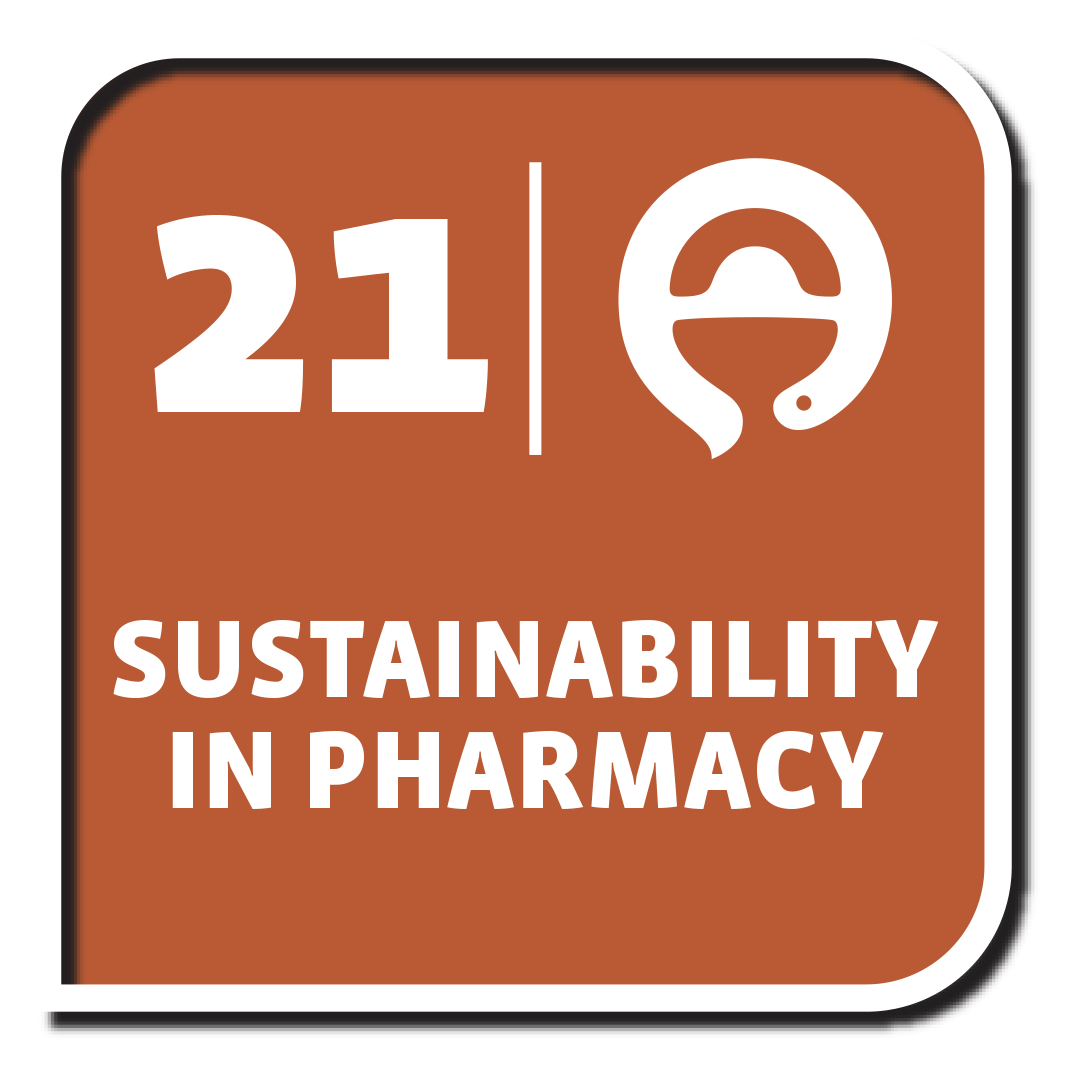PSMO-01 - Emerging challenges in antimicrobial resistance (AMR) and the role of pharmacists in vaccination and resistance to antifungals
Tracks
Room A1
| Monday, September 1, 2025 |
| 11:00 - 12:30 |
| Room A1 |
Details
Chair(s)
Dr Catia Caneiras, FIP AMR Commission, Portugal & Mrs Manjiri Gharat, FIP India Envoy, India
Introduction:
Pharmacists are uniquely positioned to influence antimicrobial resistance through multiple interventions such as antimicrobial stewardship, patient education, and increasingly, vaccination advocacy and administration. While antimicrobial resistance has long been in the spotlight, resistance to antifungals is an emerging concern. As vaccines can reduce the burden of infections that often lead to antimicrobial use, pharmacists are key allies in preventative strategies. This session explores current and evolving challenges in both antifungal resistance and outlines pharmacists’ actions on vaccination programmes.
Programme:
Learning objectives:
1. Identify current trends and drivers in antimicrobial and antifungal resistance.
2. Describe the role of vaccines in reducing antimicrobial use and resistance.
3. Explain how pharmacists contribute to antimicrobial and antifungal stewardship.
Take home messages:
Pharmacists play a critical and expanding role in combatting antimicrobial resistance through stewardship and vaccination.
Vaccination is a powerful, underutilised tool in reducing infection burden and limiting antimicrobial resistance.
FIP Development Goals:


 To learn more about these FIP Development Goals, click on the links below.
FIP Development Goal 17: Antimicrobial Stewardship
FIP Development Goal 18: Access to Medicines, Devices & Services
FIP Development Goal 21: Sustainability in Pharmacy
To learn more about these FIP Development Goals, click on the links below.
FIP Development Goal 17: Antimicrobial Stewardship
FIP Development Goal 18: Access to Medicines, Devices & Services
FIP Development Goal 21: Sustainability in Pharmacy
| 11:00 – 11:05 | Introduction by the chairs | |
| 11:05 – 11:25 | Antifungal resistant fungal infections: Danish and global scenario | |
| Dr. Karen Astvad, Statens Serum Institut, Denmark | ||
| 11:25 – 11:45 | The role of pharmacists and the need for antifungal stewardship | |
| Dr. Diane Ashiru-Oredope, UK Health Security Agency, UK | ||
| 11:45 – 12:15 | Antimicrobial resistance and the economics of public health | |
| Dr Yvan J-F. Hutin, Director Department of Antimicrobial Resistance (AMR) Division of Health Systems, Access and Data World Health Organization Geneva, Switzerland | ||
| 12:15 – 12:30 | Panel discussion |
Speakers
Prof Diane Ashiru-Oredope
Exploring how pharmacists’ established role in antibiotic (antimicrobial) stewardship can pave the way for effective antifungal stewardship to tackle the rising threat of invasive fungal infections.
Dr Karen Marie Thyssen Astvad
Statens Serum Institut
Antifungal resistant fungal infections: Danish and global scenario
Dr Yvan J.-f. Hutin
World Health Organization
Antimicrobial resistance and the economics of public health
